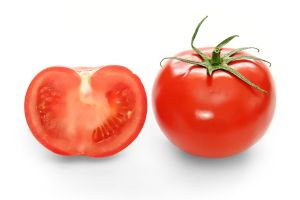
English-speaking America was eventually to grow into the greatest country on earth. However, the first settlers were small groups of hard-line Puritans who wanted a new life and religious freedom. They lived by the word of the English-language Bible which, to them, meant life itself.
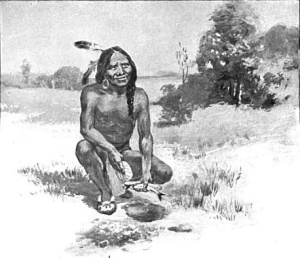
Native Americans had lived there for 30,000 years and spoke hundreds of different languages. The natives were often hostile. Life was incredibly difficult for the English-speaking settlers; the country was a wilderness filled with wild animals and wild people. However, the new settlers were very determined to cling to their English language and their English cultural heritage. After all, they called their new home New England.

Incredibly, some of the natives had learned one or two English words from English fishermen who worked the coast and one of them approached the English settlers and bade them Welcome in English! Even more amazing, this native introduced them to another native called Tisquantum, or Squanto. Squanto had been kidnapped by the English fifteen years before and taken to London. There he had learned to speak English! It was an unbelievable coincidence that the Puritans had settled so close to a good English speaker who went on to help them in many ways. Without Squanto, the settlers would probably have died of sickness and hunger. Perhaps America became English-speaking because of Squanto!
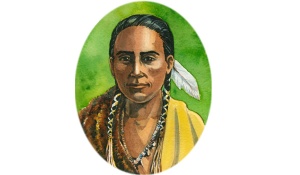
In any case, the settlers survived and needed new words to talk about their new environment. They borrowed a small number of words from the natives: skunk, squash, squaw, papoose, wigwam. However, the settlers tried to recreate England in the wilderness: Falmouth, Plymouth, Yarmouth, Boston, Cambridge, and so on. Language was very important to them and improper speech was a crime. The settlers were trying to control the language.

The New England Primer was a book used to teach English in the new world. Right from the beginning, the settlers took great care in teaching English in a way that was deeply religious. Unlike the Dutch, the French, and the Spanish (who sent armies, priests, miners, or traders), the English were more likely to stay, cultivate the land, and make a new life.

As the numbers of English-speakers grew, the language changed and became noticeably different from British English. Everyone knows about the pronunciation of tomato. Meanings also changed: shop became store, cut timber became lumber, and to move in a vehicle became haul.
Also, accents changed. The settlers came from many different parts of Britain and these different varieties blended as they spoke to each other. Accents do not vary much in America compared to Britain. Visitors to America from Britain regularly noted that Americans spoke English better than the British! The Declaration of Independence is written in perfect, classical English.
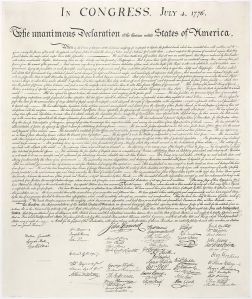
Noah Webster’s American Spelling Book sold more copies than any other book except the Bible! Webster did not like British English spellings and pronunciations (particularly the pronunciation of the English aristocracy) and it is from Webster’s book that Americans learned how to spell and speak. The Spelling Bee became part of community life in America. Spellings changed: honour became honor, traveller became traveler, theatre became theater, defence became defense, axe became ax.
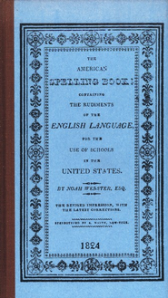
Americans were confident and felt that they had kept English pure. Many words lost to British English continued to be used in America: greenhorn, burly, deft, scant, sick to mean ill, fall to mean autumn, guess to mean think. When Webster published his dictionary, he claimed that only a few terms were new. Americans were preserving a glorious old language that was falling apart in Britain!
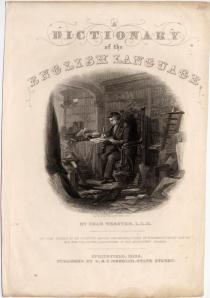
Of course, American English did change as it moved west with the Louisiana Purchase. Eastern conservatism was soon abandoned in the new west. A new vocabulary of exploration developed, sometimes borrowed from native languages: hickory, moose, maize, moccasin, persimmon, toboggan, rattle-snake, cottonwood, creek referring to streams of all kinds, rapids referring to rapidly-flowing rivers, bluff referring to a flat cliff. It was just the beginning; the great authors of the United States, like Mark Twain, took the language of ordinary people, including Black slaves, and created an incredible new literature.

